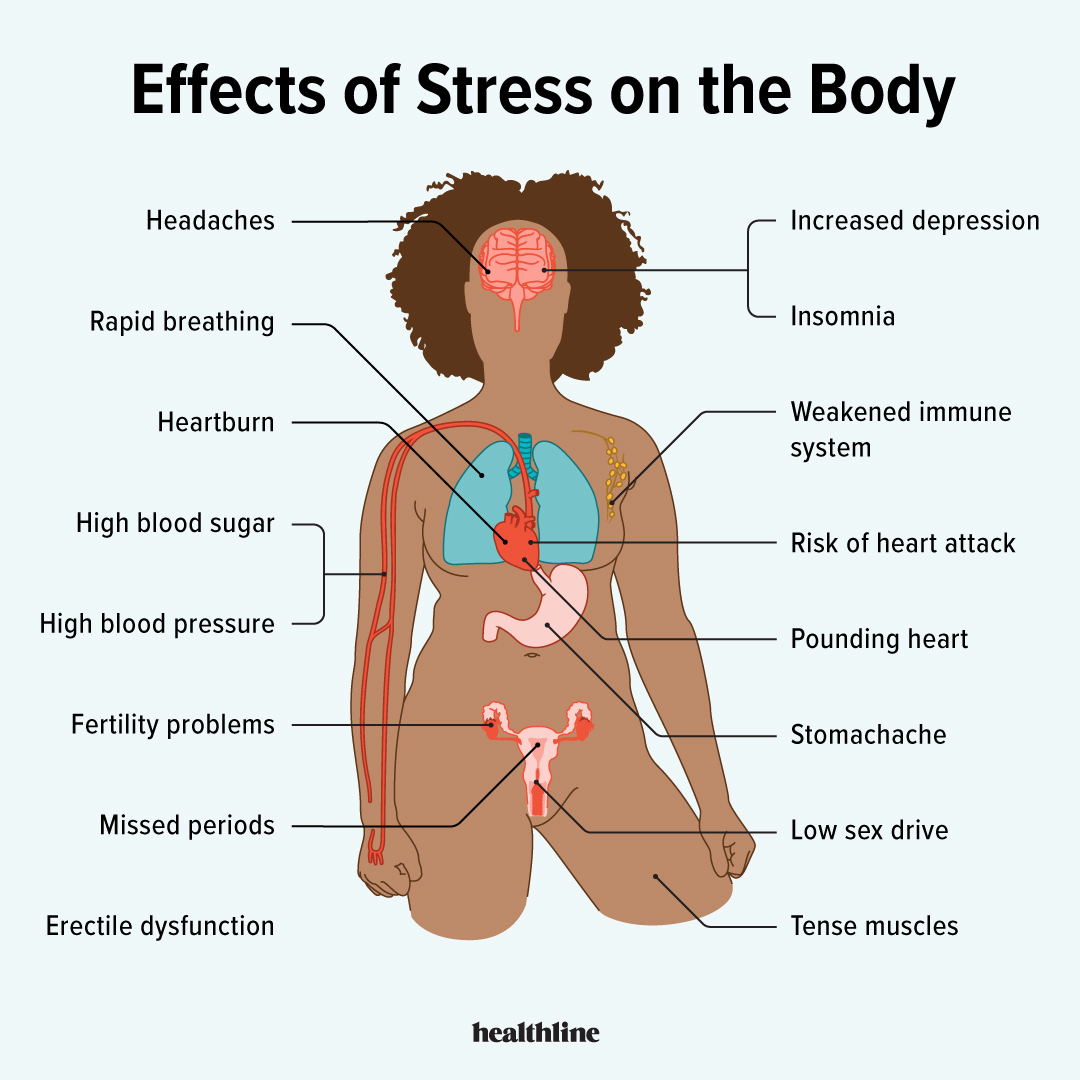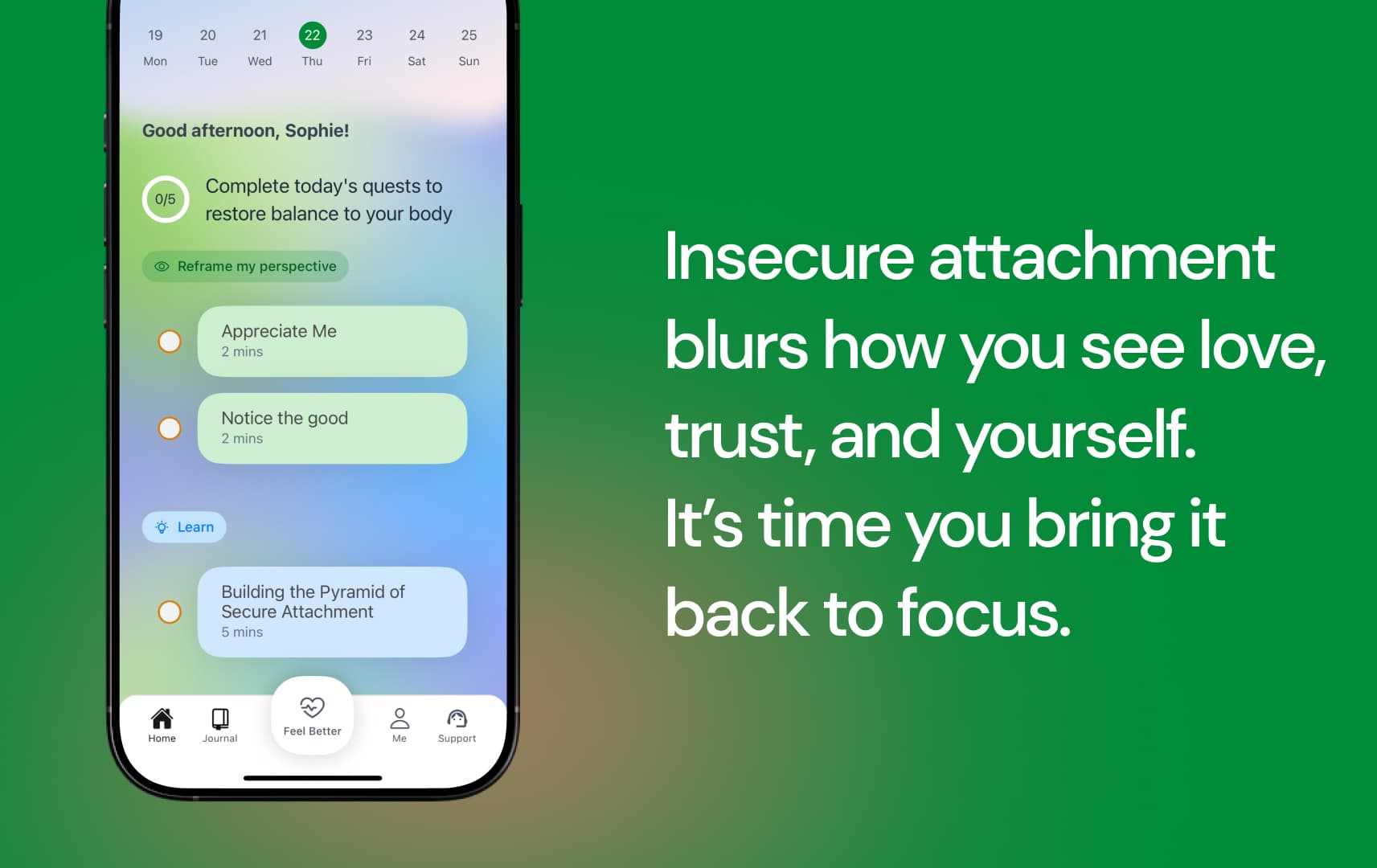Research Shows Constant Fighting in Relationships Is Just As Damaging As Smoking or Drinking

Research Shows Constant Fighting in Relationships Is Just As Damaging As Smoking or Drinking
In our modern society, health influencers like Bryan Johnson has helped us realize how a poor diet and drinking does tremendous damage to our health. But what if one of the most toxic elements in your life wasn't a substance—but your relationship?
Science is catching up with what many of us feel deep down: chronic conflict with a romantic partner can be just as damaging to your health as lighting up a cigarette or reaching for that third drink.
The physical impacts of constant fighting
Constant arguing, emotional tension, and unresolved issues don't just take a toll on your happiness—they stress your body in powerful ways.
Let's break down the science behind what happens when you fight with a partner:
- Ongoing relational stress activates the body's stress-response system—increasing cortisol, impairing immune function, and raising inflammation levels.
- Repeat this every day
- Over time, these biological effects have been linked to a higher risk of heart disease, depression, anxiety, and even premature death.
Research shows that conflict in personal and family relationships could be just as damaging as smoking and excessive drinking.
A 2012 study published in the American Journal of Public Health found that the psychological toll of unresolved interpersonal stress drives people toward self-soothing behaviors that are physically harmful - like smoking.

Source: Healthline
Why is conflict so harmful? Because your body doesn't care why you're stressed—it just reacts. Each fight activates your nervous system, triggering the same flight-or-fight mechanisms as physical threats. When this happens repeatedly, without resolution, your system never gets to reset. This leads to:
- Chronic inflammation, a driver of cancer and cardiovascular disease
- Weakened immunity, making you more susceptible to illness
- Sleep disturbances, which affect brain and body repair
- High blood pressure and heart disease, just like long-term smoking or alcohol use
A toxic relationship becomes like smoking a pack a day. Except instead of nicotine, you're inhaling tension, criticism, and emotional unpredictability.
The mental impact of constant fighting
Another article linked long-term interpersonal conflict to PTSD, depression and even psychosis.
Stress in your closest relationships isn't just emotionally exhausting—it's biologically toxic.
Why have we normalized constant conflict?
Unfortunately our pop culture has normalized long-term conflict. It's everywhere - movies (remember Marriage Story?), songs, TV shows.

Many couples live with constant arguing, believing it's "just part of being together." But when conflict becomes a pattern, especially one filled with blame, contempt, or avoidance, it stops being "normal" and starts becoming hazardous.
Let's create a better future for the next generation, and unlearn what we learned.
Love shouldn't feel so painful
It's tempting to overlook the health risks of emotional stress because they're invisible. I mean, there are no warning labels on arguments.
No surgeon general tells you that sleeping next to unresolved resentment might raise your blood pressure. But maybe there should be!
Understanding the physiological toll of toxic relational patterns is the first step. Just as we don't tolerate secondhand smoke in our homes anymore, maybe we shouldn't tolerate chronic emotional toxicity either.
3 powerful tips to help you
Relationship expert Esther Perel has spent years helping couples break the cycle of constant arguments. If you and your partner keep fighting about the same things, here are three powerful tips that can help:
1. Figure Out What You're Really Fighting About
Most arguments aren't really about chores or being late. Perel says they often come from deeper needs, like:
- Wanting more control or freedom
- Wanting more love or closeness
- Wanting to feel respected and appreciated
If you can spot the real reason behind your fights, you'll stop going in circles and start solving the problem.
2. Speak from Your Feelings, Not Just Frustration
When you're upset, it's easy to blame your partner. But instead of saying "You never listen to me," try saying "I feel hurt when I don't feel heard." Sharing your emotions instead of criticizing makes your partner less defensive—and more willing to listen.
3. Break the Same Old Fight Pattern
Perel calls repeated fights a "choreography"—you both know the steps. One person complains, the other shuts down, and it goes nowhere. The key is to notice the pattern and change how you respond. Pause. Listen. Try something new - that's where Attached comes in.
Understand your attachment style and solve your relationship issues
Love shouldn't be painful. The No.1 app to explore your relationships and attachment style so you can become happy and free — backed by attachment science.
The Attached app helps make this process easier with:
- Daily Quests for habit-building
- Help Mode for tough emotional moments
- AI Journal to find hidden emotional patterns
- Weekly Coaching from Eden, your relationship guide
Download Attached for free and start working toward stronger emotional security.

References:
- Nelson et al., 2012 – Work-Family Conflict and Smoking
- McDonald, 2007 – Mental Health Consequences of Long-Term Conflict
- Wright & Loving, 2011 - Health Implications of Conflict in Close Relationships
